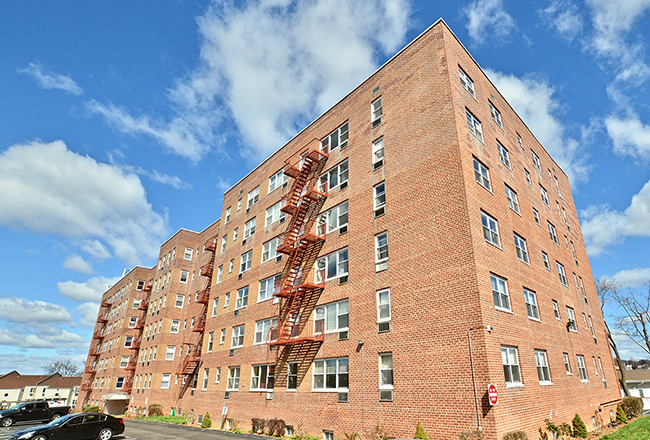The Wildlife Conservation Society, which manages the Bronx Zoo, said yesterday that a 4-year-old female Malayan tiger named Nadia has tested positive for COVID-19.
A spokesman for the conservation group told the Business Journal that Nadia’s sister Azul, two Amur tigers, and three African lions all had developed a dry cough, a common symptom of the virus. He said that the other animals were not tested for COVID-19 but it is presumed that they have also contracted it due to the symptoms they were displaying. All of the animals are expected to recover.

It’s believed a person who cares for the zoo’s big cats became infected and passed the virus to the animals the spokesman said, adding the animals have shown some decrease in appetite while remaining bright and alert.
The incident has spurred the American Veterinary Medical Association to issue advice to pet owners. The group said that people who are not ill with COVID-19 or have no reason to suspect they are carriers of the virus can continue to interact with their pets as normal including walking, feeding and petting. The organization says good hygiene needs to be maintained including washing hands before and after interacting with pets and when handling their food supplies or cleaning up after them.
The group said that people who know or suspect that they have the virus should restrict contact with their pets just as they would restrict contact with people. The best course of action, it said, would be to have someone else take care of the animal. If that’s not possible, keep interaction to a bare minimum and to wear a cloth face mask while in the pet’s vicinity.
The veterinary group said there are only four reported cases globally of dogs and cats testing positive for the disease and that there is no evidence that domestic animals, including pets and livestock, can spread COVID-19 to humans.
The Wildlife Conservation Society said that appropriate preventive measures are in place at the Bronx Zoo to protect both people and animals. In addition to its own personnel, the society utilized the resources of the New York State Diagnostic Laboratory at Cornell University, the University of Illinois College of Veterinary Medicine Veterinary Diagnostic Laboratory, the USDA National Veterinary Services Laboratory and others.
In addition to the Bronx Zoo, the society’s attractions include the Central Park Zoo, Prospect Park Zoo, Queens Zoo and New York Aquarium. All have been closed to the public as a result of the pandemic.





















